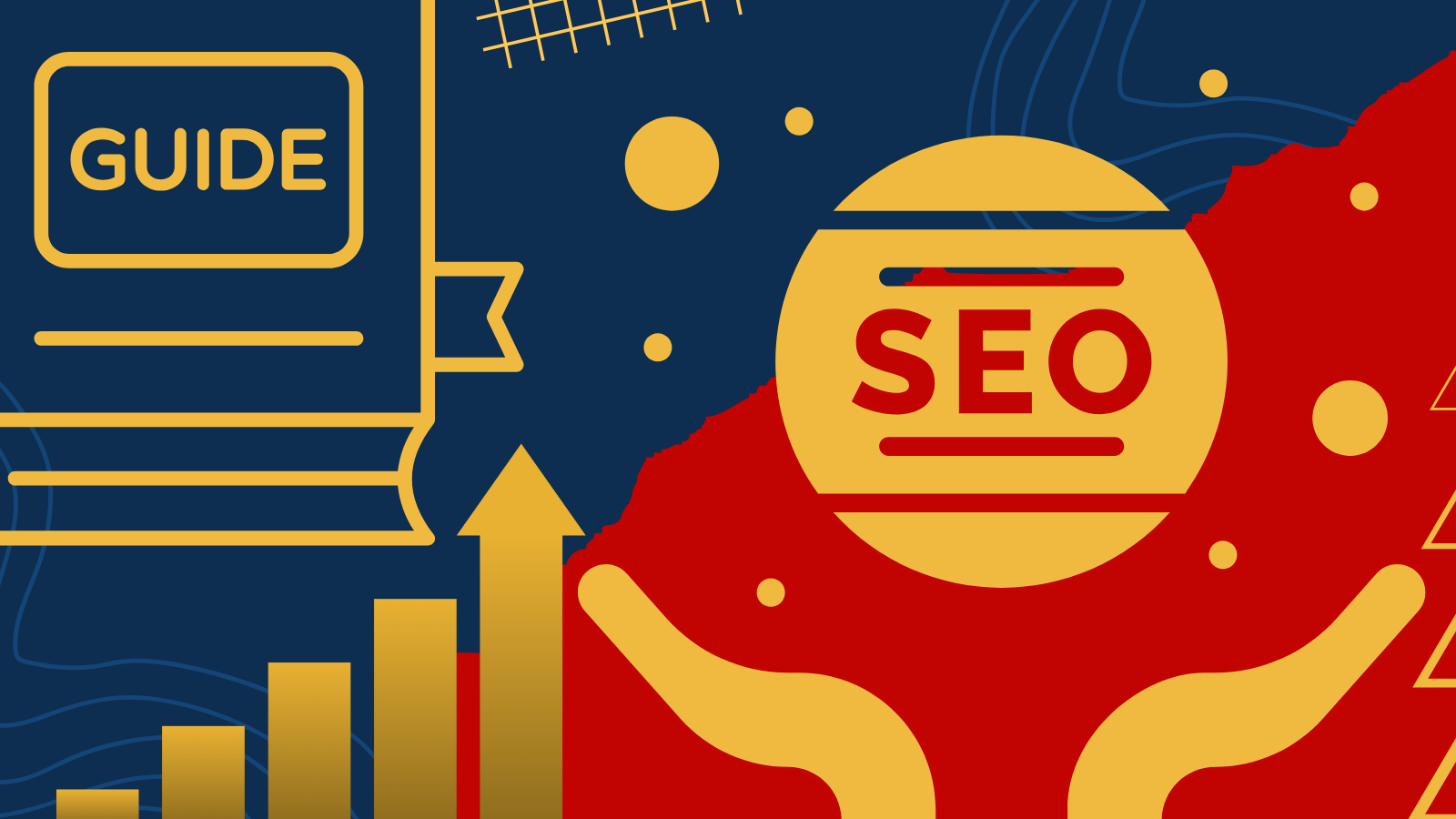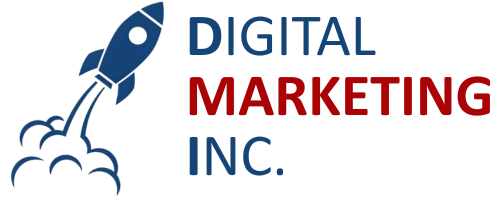How to Do SEO for Your Website: A Beginner-Friendly Guide

Local search SEO is essential for helping your website get found by nearby customers who are ready to act. Search engine optimization (SEO) is all about increasing your online visibility so you attract the right traffic—people in your area searching for exactly what you offer. By optimizing your content and site structure for local intent, you improve your chances of showing up in local map packs, search results, and mobile queries, driving more qualified leads to your business. SEO can feel overwhelming at first, especially for beginners—but it doesn’t have to be. With the right steps, tools, and best practices, anyone can learn to optimize a website effectively and start seeing real results. It’s all about breaking it down into manageable actions and staying focused on what matters most.
In this blog we will discuss:
Logical Website Organization and Helpful Content Drive SEO
At its core, SEO helps your website show up in search engines like Google when people look for topics, products, or services you offer. For beginners, the best place to start is with creating useful, relevant content—because helpful content that matches what people are searching for has a much greater impact than minor technical tweaks alone.
While SEO does include technical elements like page speed, mobile-friendliness, and metadata, it’s also heavily content-driven. Beginners should focus first on writing clear, valuable content that answers real questions your audience has. Once your content is strong, you can layer in more advanced strategies over time.

How to Organize Your Website for SEO
Site hierarchy refers to how a website’s content is structured and organized—from top-level pages like the homepage and main categories down to subpages and individual posts. A clear hierarchy acts as a roadmap for both users and search engines, making it easier to find, understand, and index content.
Internal linking connects related pages within your website using hyperlinks, helping guide users through your content while also signaling relationships and content importance to search engines.
URL structure plays a key role too—it includes the protocol (like https), domain name, and a clear, descriptive path that points to specific content. Clean, consistent URLs make pages easier to navigate and crawl.
To support all of this, site navigation and a well-structured sitemap must be user-friendly. Together, these elements ensure a seamless experience for visitors and improve how effectively search engines crawl and rank your site.
How to Optimize Website Content
Keywords are a foundational part of search engine optimization (SEO). They help search engines understand what your content is about and connect your website with users actively searching for those terms. But keywords alone aren’t enough—how you structure and present your content matters just as much.
Effective content should include title tags, which define the page title shown in search results, and meta descriptions, which offer a concise summary to encourage clicks. Headers (like H1, H2, H3) organize your content, making it easier to read and understand for both users and search engines.
To enhance accessibility and SEO performance, it’s also important to use alt text for images, ensure your site is mobile-responsive, and follow best practices for inclusive design. These elements help make your content usable for everyone, including those with visual or hearing impairments, while also boosting visibility in search results.
How to Do Keyword Research for SEO
Keyword research is the process of finding the words and phrases people use in search engines when looking for information, products, or services related to your business. These keywords help guide your content strategy so you can attract the right audience to your site.
Here’s how to get started:
- Brainstorm Topics
- Think about what your audience would search for—services you offer, problems they need solved, or questions they ask.
- Use Keyword Research Tools
- Plug your ideas into free tools like:
- Google Keyword Planner
- Semrush (free version available)
- Wordtracker
- These tools show you search volume, competition, and related keywords.
- Analyze Search Intent
- Look at the top search results for your chosen keywords. Are they blog posts, product pages, or service listings? Match your content to what users expect to find.
- Choose a Mix of Keywords
- Use a blend of short, competitive keywords (e.g., “roof repair”) and longer, more specific ones (e.g., “affordable roof repair in Kansas City”) to reach different users.
- Apply Your Keywords Naturally
- Use them in your page title, headers, meta description, and body text—but always write for humans first.
Effective keyword research helps ensure your website content answers real questions and ranks for terms your audience actually uses.
How Long Does It Take to See SEO Results?
SEO is a long-term strategy—not a quick fix. In most cases, it takes several weeks to a few months to begin seeing measurable results. That’s because Google needs time to crawl, index, and evaluate your content, and then determine where it fits among the competition.
Several factors affect how quickly you see progress, including:
- The competitiveness of your keywords
- The quality and relevance of your content
- Your website’s authority and backlink profile
- How consistently you update and optimize your site
Additionally,
Google’s algorithm is constantly evolving, which means rankings can shift over time—even for well-optimized pages. The key is to stay consistent with publishing valuable content, improving technical SEO, and adapting to best practices.
While SEO doesn’t deliver instant results, the payoff grows over time—bringing sustainable, high-intent traffic to your website.
Start Your SEO Journey with Simple Website Optimizations
Getting started with SEO doesn’t have to be overwhelming. By focusing on a clear site structure, creating genuinely helpful content, and using keywords with purpose, beginners can lay a strong foundation for long-term success. If you’re ready to boost your visibility but want expert guidance, Digital Marketing Inc. is here to help. Contact us today for professional SEO services that drive real results.
